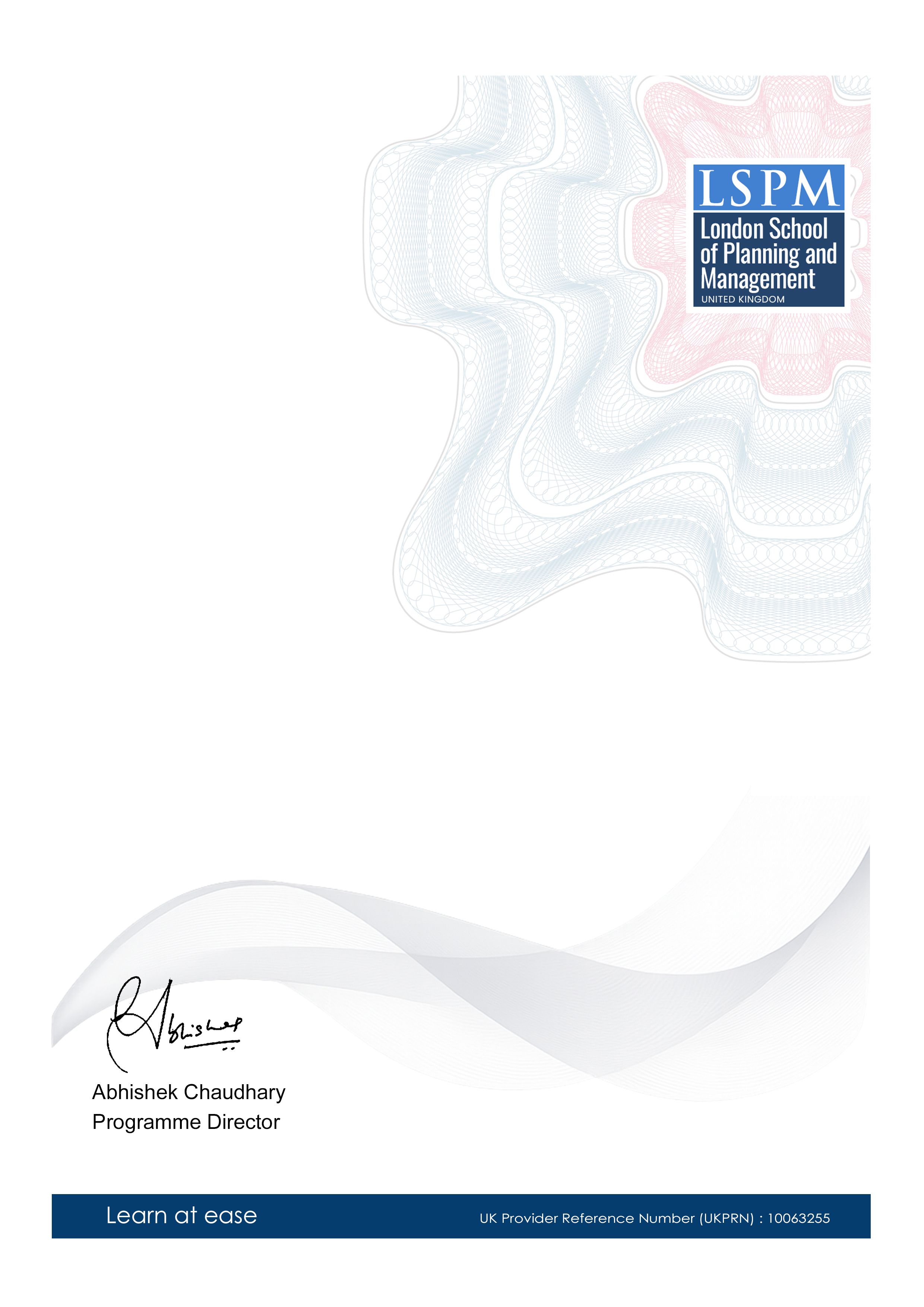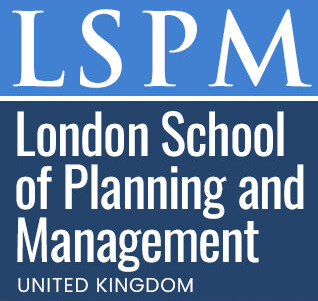Postgraduate Certificate in IoT for Marine Pollution Prevention
-- viewing nowThe Postgraduate Certificate in IoT for Marine Pollution Prevention is a timely and essential course that addresses the growing global challenge of marine pollution. This certificate course equips learners with the latest IoT technologies and data analysis techniques to prevent, monitor, and manage marine pollution effectively.
6,736+
Students enrolled
GBP £ 149
GBP £ 215
Save 44% with our special offer
About this course
100% online
Learn from anywhere
Shareable certificate
Add to your LinkedIn profile
2 months to complete
at 2-3 hours a week
Start anytime
No waiting period
Course details
• Introduction to IoT in Marine Pollution Prevention
• Sensor Technologies and Data Collection for Marine Environments
• Wireless Communication Protocols in IoT for Marine Applications
• Big Data Analytics and Machine Learning for IoT Marine Systems
• IoT System Design and Architecture for Marine Pollution Prevention
• Real-Time Monitoring and Predictive Modeling of Marine Pollutants
• Regulatory Compliance and Ethical Considerations in IoT Marine Projects
• Case Studies: IoT Solutions for Combating Marine Pollution
• Emerging Trends and Future Perspectives of IoT in Marine Pollution Prevention
Career path
Entry requirements
- Basic understanding of the subject matter
- Proficiency in English language
- Computer and internet access
- Basic computer skills
- Dedication to complete the course
No prior formal qualifications required. Course designed for accessibility.
Course status
This course provides practical knowledge and skills for professional development. It is:
- Not accredited by a recognized body
- Not regulated by an authorized institution
- Complementary to formal qualifications
You'll receive a certificate of completion upon successfully finishing the course.
Why people choose us for their career
Loading reviews...
Frequently Asked Questions
Course fee
- 3-4 hours per week
- Early certificate delivery
- Open enrollment - start anytime
- 2-3 hours per week
- Regular certificate delivery
- Open enrollment - start anytime
- Full course access
- Digital certificate
- Course materials
Get course information
Earn a career certificate

